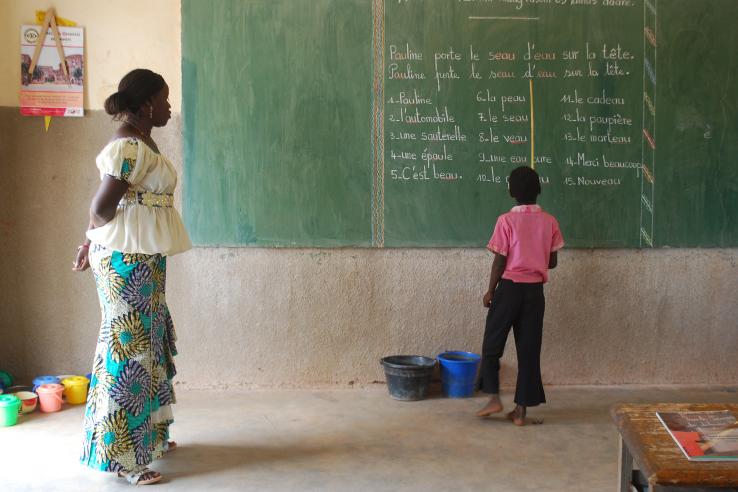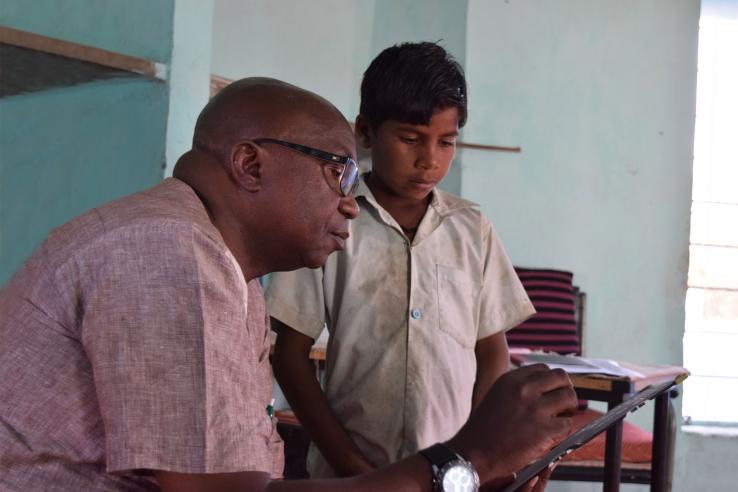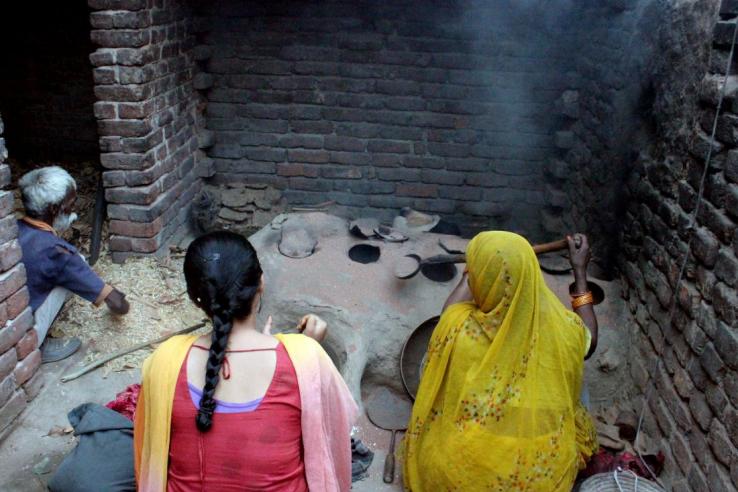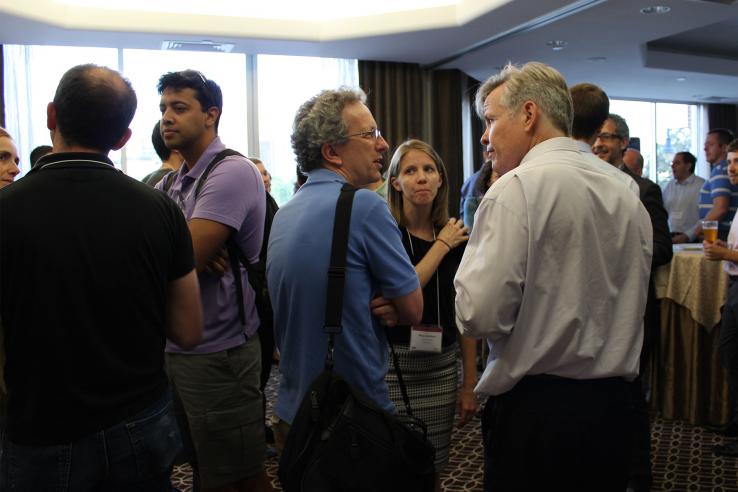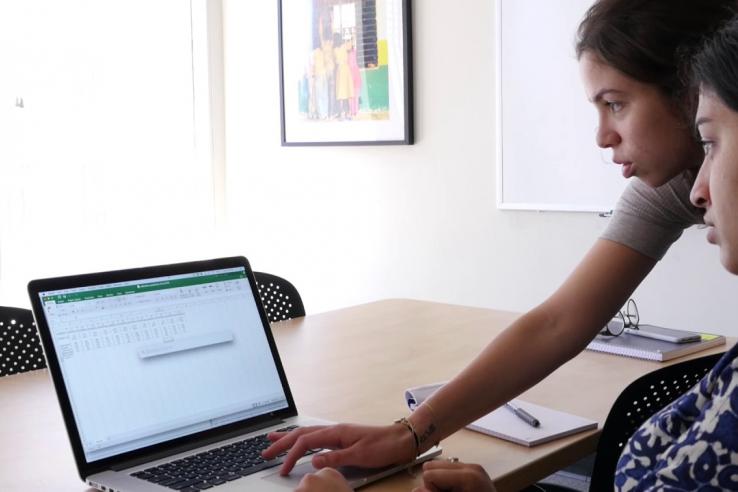Displaying 1006 - 1020 of 8062
Update
J-PAL updates
J-PAL North America has launched a new Health Care Delivery Innovation Competition that will support U.S. federal, state, and local health agencies and other health care organizations in developing compelling and reliable evidence of the impact of innovative programs.
Update
J-PAL updates
Partnership to institutionalize evidence in education policies in Burkina Faso | New lecture series to showcase groundbreaking research and practice | US health care leaders invited to compete for funding and technical expertise to study innovative programs | J-PAL LAC celebrates new partnership...
Update
J-PAL updates
From India to Zambia: A learning journey | Building policymaker capacity to use evidence: A long-term partnership | Driving policy-relevant research: J-PAL South Asia's partnership with the Government of Tamil Nadu | Featured Affiliate: Matthew Notowidigdo
Policy insight
Despite their positive results in the lab, biomass cookstoves designed to reduce smoke exposure and/or increase fuel efficiency did not substantially improve health in several randomized evaluations in the real world. Many people did not want to buy or maintain them, did not use them enough, and...
Update
J-PAL updates
Update
J-PAL updates
Innovate, test, scale: Lab to improve education policy in Peru | Peace, recovery, and reconciliation: Randomized evaluations in post-conflict environments | Identifying the poor through self-targeting | J-PAL welcomes new affiliated professors
Update
J-PAL updates
Selected state and local governments will receive support from J-PAL North America at MIT to create and use evidence to improve the effectiveness of their social programs.
Update
J-PAL updates
J-PAL North America awards funding to five state and local governments, the Indian state of Jharkhand scales up two rigorously evaluated programs, and Oriana Bandiera reflects on doing field work in crocodile infested waters.
Update
J-PAL updates
Read about research to make cities safer, a livelihoods program being scaled to over half a million people, private access to contraception, and more.
Evaluation
Researchers are conducting a randomized evaluation to test the impact of access to credit and business training on entrepreneurs’ business outcomes and households’ resilience to cope with the consequences of COVID-19. Research is ongoing; results are forthcoming.
Update
J-PAL updates
Four organizations will partner with J-PAL North America to evaluate substance abuse treatment, care integration, social-service delivery, and patient-engagement programs.
Update
J-PAL updates
Read about new open online courses, winners of the US Health Care Delivery Initiative competition, an upcoming lecture on education in India, and more.
Update
J-PAL updates
Read about our new online health research course, improving access to justice in Mexico, an upcoming lecture on political campaigns, and more.
Update
J-PAL updates
J-PAL welcomes seven new affiliated professors, including Eliana La Ferrara and Vincent Pons, who have done research on voter participation, media, and other topics in Europe and abroad. Read more about their research.
Update
J-PAL updates
Read about our new efforts to support research transparency and reproducibility (including a paid graduate student fellowship), new affiliated researchers, and more.

